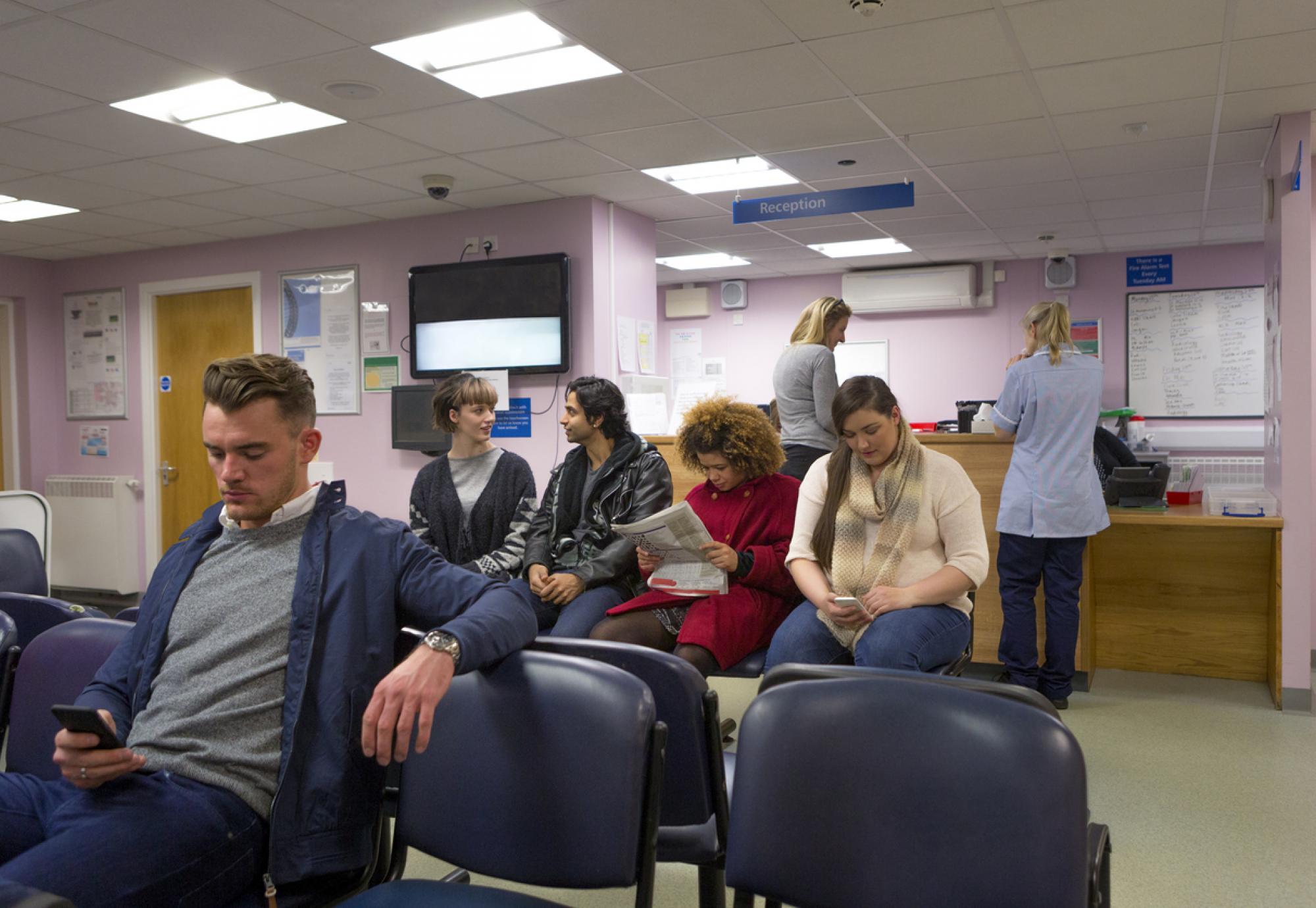The NHS are on their “final push” as they look to finally eradicate all the patients who have been waiting for more than two years from their waiting list.
Back in January, the number of people who had been waiting two years or more for treatment was at a peak of 22,500, but now that waiting list has shrunk to less than 7,000 people – more than a 15,000 decrease.
The NHS has pledged to end the two-year waits by July and are now asking patients if they would like to travel, in a bid to mix-and-match people into different hospitals, so they give people the care they need as fast as possible.
Well over 400 patients have already agreed to travel for their treatment, with 140 of those already having booked surgery in a different hospital – the only people left waiting will be those who choose to, or those who require a highly specialised plan for their treatment or recovery.
Chief Executive of the NHS, Amanda Pritchard, said: “As happened around the world, Covid backlogs inevitably built up as hospitals here treated more than 750,000 people with the virus as well as caring for many more in the community.
“Millions who did not seek help earlier in the pandemic are now coming forward, but thanks to the hard work of NHS staff we have made big progress on the longest waits despite Omicron and a difficult winter.
“As part of the biggest and most ambitious catch-up programme in NHS history, staff are now on track to virtually eliminate two-year waiters by the end of July.
“But the NHS will not stop here, from delivering one million tests and checks through our newly rolled out community diagnostic centres to new state of the art same day hip replacements, staff are constantly looked for new and innovative ways to treat patients quicker, especially those who have been waiting a long time.
“One of the benefits of the NHS is that hospitals can work together to bring Covid backlogs down together and so if people can and want to be treated quicker elsewhere in the country, NHS staff are ensuring that it can happen.
“Once again NHS staff are demonstrating the agility, resilience and compassion that shows when they are given the tools and resources they need, they deliver for our patients.”
Despite last month being the second busiest time for A&E ever – second only to July 2019 – the NHS are continuing to drive the backlog and look to move onto the next stage of their Elective Recovery Plan.
Chief Executive of the NHS Confederation, Matthew Taylor, said: “This shows the huge progress the NHS has made in ensuring that those patients waiting longest for treatment are seen as quickly as possible.
“It is testament to the sheer hard work, skill, dedication and tenacity of NHS leaders and their staff who have driven these numbers down so quickly. This is against the backdrop of a system that continues to run extremely hot with pinch points in A&E departments and in ongoing delays in discharging patients from hospital because of the dearth of social care provision.
“The NHS continues to put additional investment to good use and is making clear progress in tackling the elective care backlog. However, healthcare leaders know, only too well that there is still much more to be done and a very long way to go to get the NHS back on sustainable and resilient footing.”
More information about how the NHS is driving down and battling the backlog is available here.



















